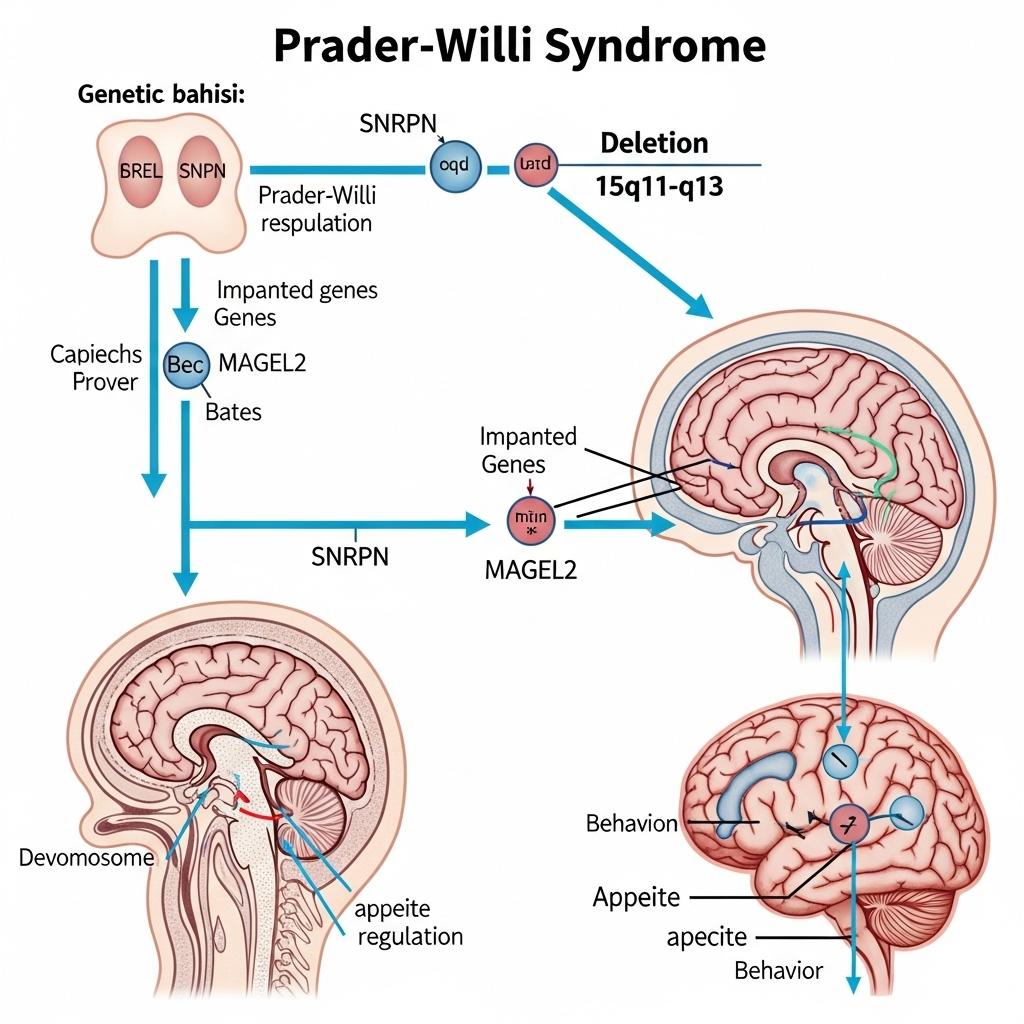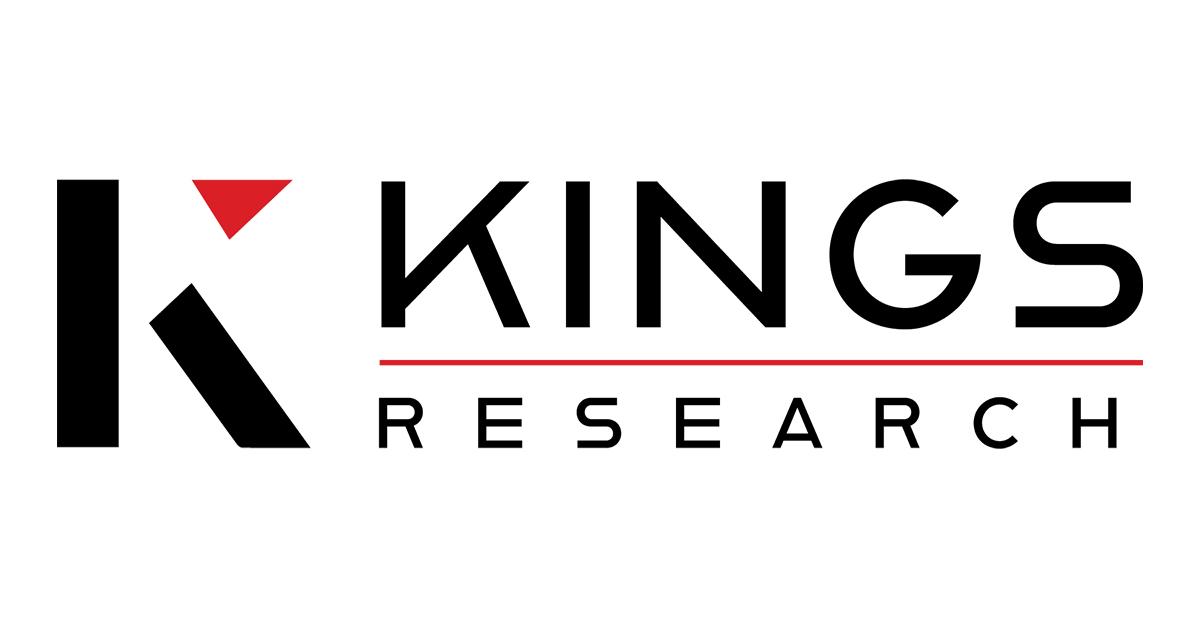Sponsorluk
Prader-Willi Syndrome: Unraveling the Complexity of a Rare Genetic Disorder

Prader-Willi Syndrome (PWS) is a complex, rare genetic condition characterized by endocrine dysfunction, hypotonia, hyperphagia, and developmental delays. Emerging precision care strategies, including hormone therapy, nutritional management, and behavioral interventions, are reshaping outcomes for affected individuals. As science progresses, early diagnosis and multidisciplinary management are key to improving quality of life and reducing comorbidities.
Request a sample copy of the CI report at:
https://www.datamintelligence.com/strategic-insights/ci/prader-willi-syndrome-pws
Understanding the Genetic Roots
PWS is caused by the loss of expression of paternal genes on chromosome 15q11.2–q13.
This can occur through:
* Paternal deletion (most common)
* Maternal uniparental disomy (UPD)
* Imprinting defects
These genetic disruptions impair hypothalamic function, which regulates hunger, metabolism, hormone release, and growth.
Clinical Features: A Life-Stage View
PWS presents with distinct clinical features across different life stages:
Infancy:
* Severe hypotonia
* Poor feeding and failure to thrive
* Global developmental delays
* Childhood and Adolescence:
* Uncontrollable appetite (hyperphagia)
* Rapid weight gain
* Short stature
* Delayed puberty
* Cognitive impairments and behavioral issues (e.g., stubbornness, skin picking, obsessive tendencies)
***hood:
* Morbid obesity, if untreated
* Hypogonadism
* Type 2 diabetes, sleep apnea, and cardiovascular risk
Because hunger is not regulated by satiety cues in PWS, obesity-related complications remain the major cause of early mortality.
Diagnosis and Genetic Testing
Clinical suspicion arises from characteristic signs like hypotonia, feeding difficulties in infancy, and rapid-onset obesity in childhood. Genetic testing confirms the diagnosis:
* Methylation ***ysis is the first-line test to detect all genetic subtypes
* FISH, microarray, or sequencing can further characterize deletions or UPD
* Early diagnosis enables intervention before obesity and metabolic damage occur.
Hormonal and Supportive Therapies
Growth Hormone (GH) therapy is a cornerstone of PWS management, offering benefits such as:
* Improved growth and body composition
* Increased muscle tone
* Enhanced cognitive development
Additional hormonal treatments may address:
* Hypogonadism: *** hormone replacement
* Central hypothyroidism: thyroid hormone therapy
* Adrenal insufficiency: corticosteroid coverage during illness
* Supportive therapies include:
* Speech and occupational therapy
* Nutritional counseling and strict caloric control
* Behavioral therapy for compulsivity and anxiety
Multidisciplinary care is vital to managing the diverse and lifelong challenges of PWS.
Innovations in Appetite Suppression and Behavior
Current research explores medications targeting appetite-regulating pathways, such as:
* Setmelanotide (MC4R agonist): Investigated in clinical trials for hyperphagia control
* Oxytocin ***gs: Under evaluation for behavior and food-seeking moderation
* GLP-1 receptor agonists: May help with appetite and glycemic control
Despite promising leads, no medication has yet fully addressed hyperphagia or compulsive eating in PWS.
Request a CI consultation at: https://www.datamintelligence.com/strategic-insights/ci/prader-willi-syndrome-pws
Long-Term Care: A Holistic Approach
Individuals with PWS require:
* Lifelong weight monitoring and caloric restriction
* Regular endocrinological evaluations
* Family and caregiver support
* Structured environments to limit food access
* Transition planning into adulthood (housing, employment, guardianship)
With timely interventions and coordinated care, people with PWS can achieve improved health, education, and social participation.
About DataM Intelligence
DataM Intelligence 4Market Research LLP delivers real-time competitive intelligence across autoimmune, immunologic, and rare disease spaces. Our insights span clinical pipelines, regulatory benchmarks, and commercialization strategies for stakeholders in global life sciences.
🔗 Visit: www.datamintelligence.com







